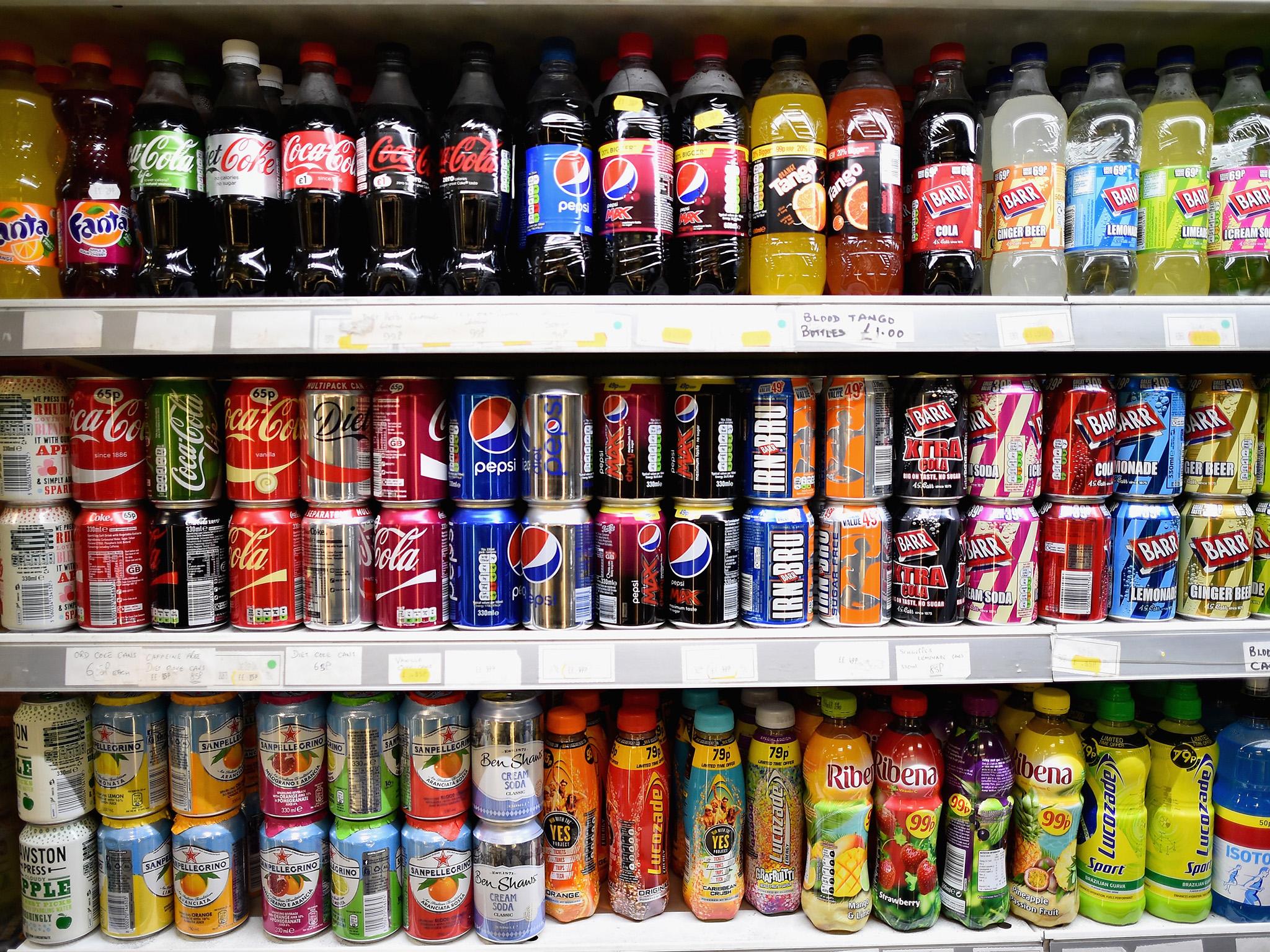Fizzy water could be leading to weight gain, according to new research from Birzeit University
Carbon dioxide gas in fizzy drinks was found to trigger significantly higher levels of the hunger hormone ghrelin that encourages you eat more to compensate for feeling less full.

In a world gone mad with new nutrient rich superfoods and vilified e-numbers, it seems that now even air could be to blame for weight gain.
Even sanctimoniously sparkling water could be setting us on a path to weight increase due to how it stimulates higher hunger levels, according to new research.
Carbon dioxide gas in fizzy drinks was found to trigger significantly higher levels of the hunger hormone ghrelin that encourages you eat more to compensate for feeling less full.
After experimenting with rats, researchers studied the effects on 20 human volunteers and found that those who drank sparkling water at breakfast had six times higher levels of the hunger hormone than those given still water.
In the first studies, the researchers from Birzeit University in the Palestinian West Bank tested sixteen rat siblings of the same weight.
The weight of the rats that were given sugary drinks was no more than those given still water alongside their regular diets. But for those given fizzy drinks weight increased, despite some of the fizzy drinks being zero-calorie.
Each of the groups had access to unlimited food for the three-month experiment. While the first group consumed only normal water, the second drank a high sugar soft drink without gas.
The third group were given only fizzy drink containing sugar and the final group were given a zero-calorie fizzy drink with artificial sweeteners.
After the first three months, the rats given the two fizzy drinks weighed significantly more than those given non-gas drinks. The researchers found that the rats drinking fizzy liquids were eating 20 per cent more on average than those given non-gas drinks.
The link seems to worsen over time with researchers finding that after a year, rats on fizzy drinks showed signs of fat collecting around their vital organs.
In response to the research Tam Fry, Chair of the National Obesity Forum, told The Daily Mail: “The Department of Health must now curb the use of any chemicals that impinge on health and that should include carbon dioxide if this effect is replicated in further studies.”
However, the director-general of the British Soft Drinks Association remained skeptical of the research claiming that there is not sufficient proof of CO2 causing obesity in people: “There is no body of scientific evidence that carbon dioxide contained in soft drinks -or even beer- causes increased hunger or obesity” he told The Daily Mail.
“It is bad science just to assume that an outcome from a study on rats will be the same for humans” he added.
Join our commenting forum
Join thought-provoking conversations, follow other Independent readers and see their replies
Comments
Bookmark popover
Removed from bookmarks